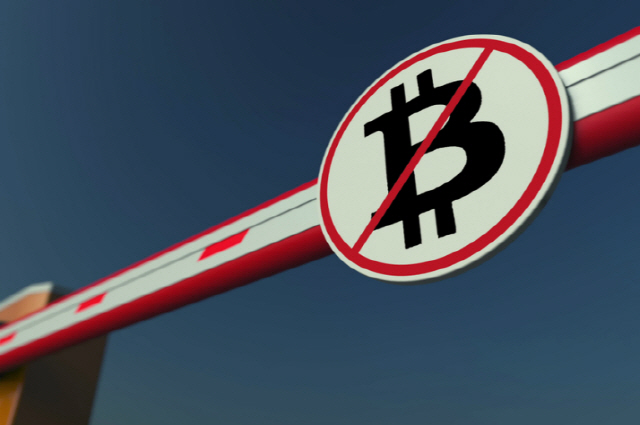
Investments in blockchain projects are surging around the world. Amercica’s famed investment company Andreessen Horowitz has created “a16z,” a $3 million fund purely dedicated to investing in crypto businesses and projects. This fund invests in tokens and coins as well as such traditional assets as shares and convertible bonds.
Most venture capitals in Silicon Valley invest in tokens by modifying the fund’s existing articles of association. This is intended to include digital assets in the fund’s investment targets. “It’s possible to alter the fund’s structure just with the consent of investors known as ‘LPs (limited partners),’” said a CEO at a global venture capital company, adding that LPs tend to support general partners’ (GPs) pursuit of new profits by challenging in new areas. “GPs can invest 10 to 20% of the fund in tokens and other digital assets in general,” he explained.
Conservative LPs in Korea
How is the situation in Korea? At present, 115 venture capitals are regular members of the Korea Venture Capital Association (KVCA), but most of them can’t invest in tokens. According to standard regulations of venture capital funds in Korea, investment securities are defined as shares and private bonds issued by investment companies and other securities obtained in return for investment. Venture capitals in Korea are supposed to form investment associations based on these regulations and as a result, they are barred in principle from investing in tokens and other digital assets excluded from investment securities.
Of course, it’s possible to revise these regulations if venture capitals and investors agree. But investors in Korea are mostly “public” institutions and so they cannot help being conscious of the government. For example, Korea Venture Investment Corp., the country’ leading fund of funds, is a wholly-owned subsidiary of the Small & Medium Business Corp. It invests funds collected from government agencies such as the Ministry of Culture and Tourism and the Korea Industrial Property Office in venture capitals. As of the end of August last year, its fund amounts to 3.4182 trillion won.
Investments limited
To be sure, there are investment companies in Korea that invest in blockchain startups and tokens. They are Kakao Investment, Neoply, The Ventures, Foundation X, etc. They don’t form funds with monies from other institutional investors like venture capitals. As general corporations, they invest their own funds in tokens. Kakao Investment had invested in COSM, the token of the beauty blockchain project Cosmochain. Neoply invested in EOS-based decentralized exchange DEXEOS, blockchain-based security platform Sentinel Protocol, etc.
Investment companies and domestic crypto funds built on the price surge of cryptocurrencies have been channeling liquidity into Korea’s blockchain ecosystem to spearhead the healthy growth of blockchain startups. But it seems to be too much for them to catch up with the rapid growth of overseas markets. That’s because investment numbers and scales conducted by only 10 companies or so cannot but be limited. A venture capital CEO said, “It’s actually difficult to invest even in shares of blockchain companies because of a ‘glare’ from the government. So we are pressing ahead with a plan to create separate crypto funds abroad.”
The Korean government’s delicate position is the biggest stumbling block to investments in blockchain by domestic venture capitals. Announcing its innovative growth policies in August, the Korean government designated data economies involving blockchain, artificial engineering and hydrogen economies as its strategic investment areas and decided to spend 1.5 trillion won on developing related technologies and nurturing manpower. The Korea Internet & Security Agency also unveiled a plan to expand its public blockchain pilot project to six areas beginning next year. Seoul City and other government agencies are pushing ahead with blockchain projects.
But the blockchain “front line” badly desperate for funds still remains thirsty for initial coin offerings (ICOs). Last year, blockchain startups here could receive investments from overseas crypto funds, but these investments have shrunk this year owing the lackluster cryptocurrency market. After all, the reality is that blockchain projects based on token economies feel it difficult to receive investments both at home and abroad.
Multiple investment experts say it’s understandable that the government hesitates on ICO regulations for fear of damages on the pubic and conflicts with existing institutions. “But it would be wrong if the government worries about venture capitals and private equity funds.” They claim in unison that professional investors’ risk-taking aimed at greater profits is the most important locomotive behind the country’s industrial progress.
/Doobo Shim Reporter shim@decenter.kr
- 심두보 기자
- shim@decenter.kr























